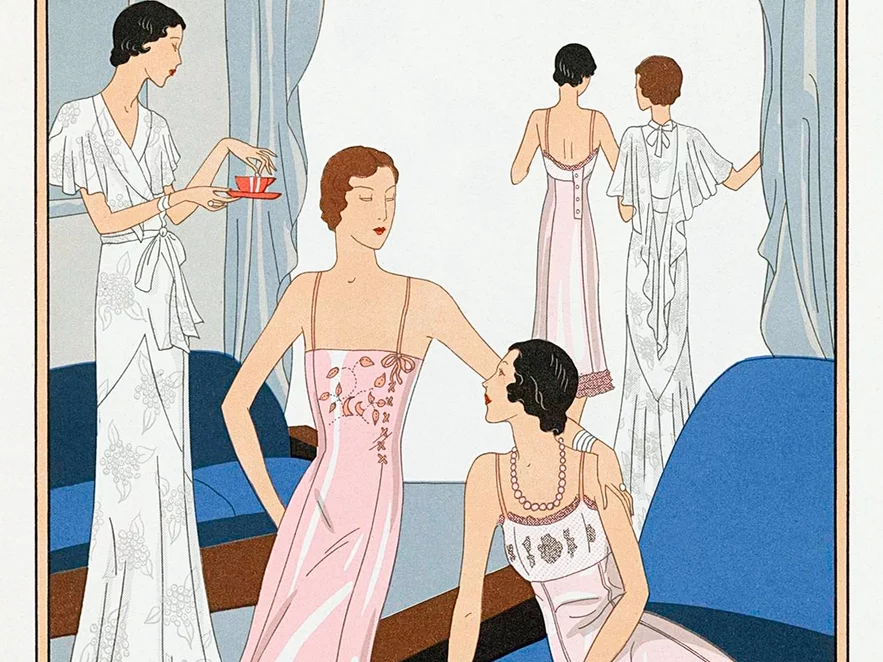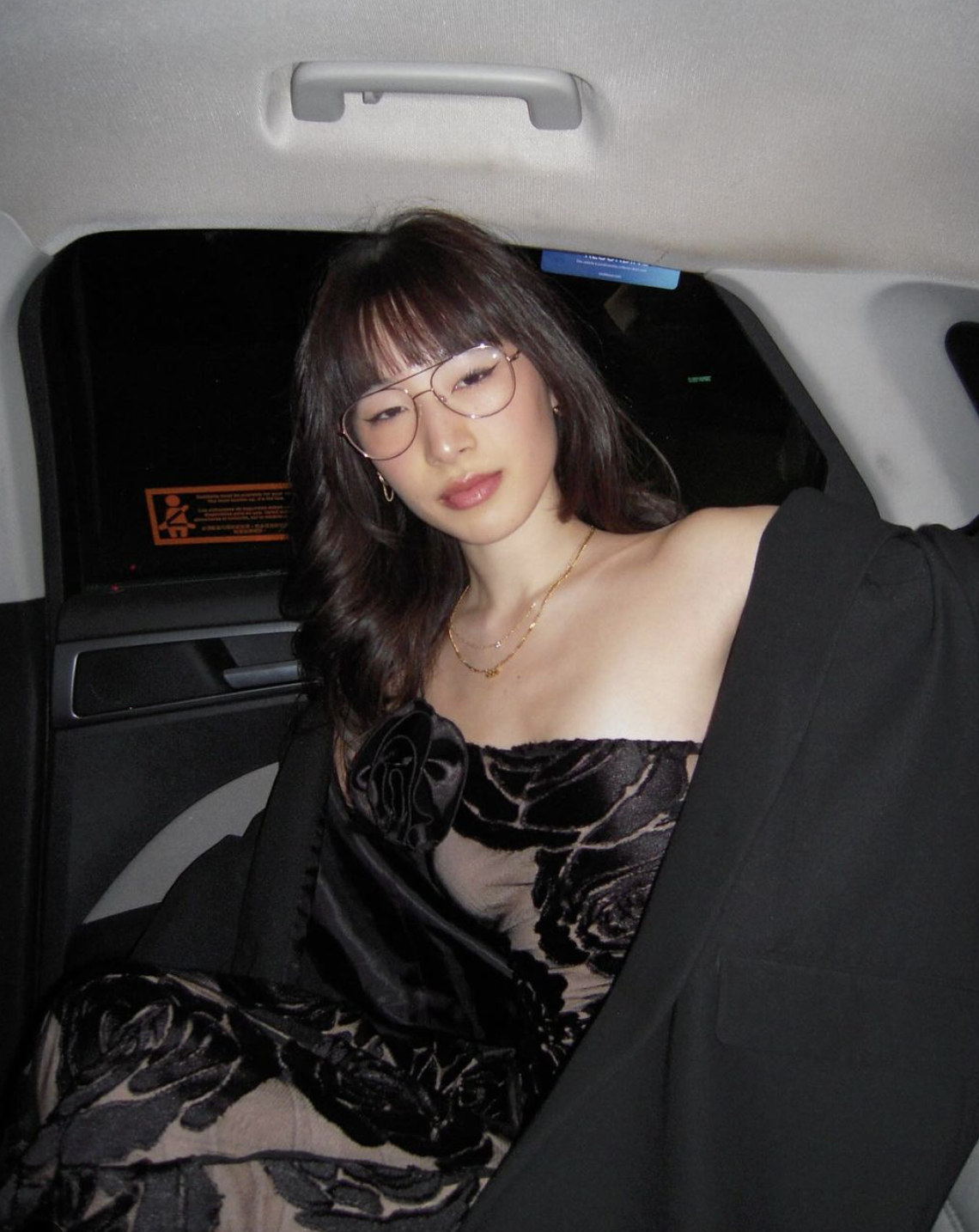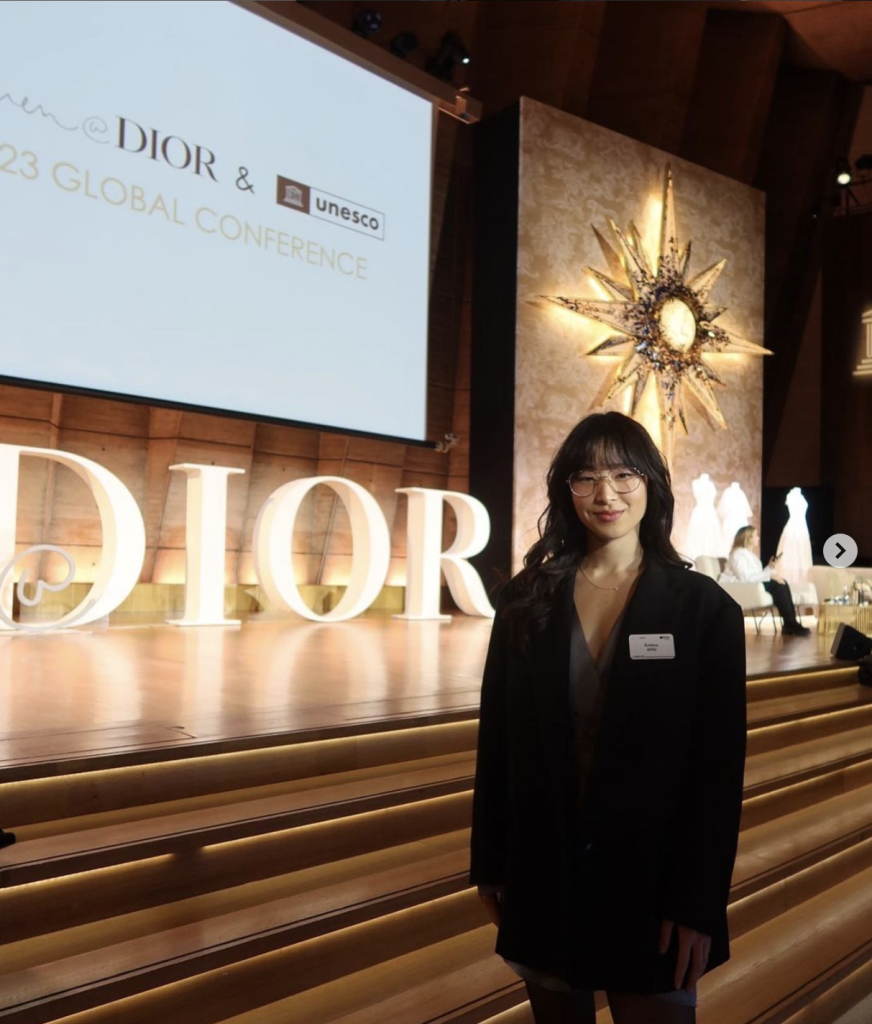The glorious moment has arrived: cap on head, diploma in hand. As you swing your tassel from right to left and walk across the stage with a little slip of paper that tells you that you’re now ready for the real world.
Investment banker or freelance writer or maybe you’ll travel the world for a few years to really find yourself. Eventually, you’ll settle into a corporate 9-5 with decent health insurance and you’re set for life (that’s if you can find a job). But if you can’t, it’s no big deal–you’ll find some other way to pay your rent.
Welcome to the 21st century, a time where anyone who is someone will have a blue check on instagram and they’ll make most of their income from it. Welcome to the 21st century, a time with self-driving cars and artificial intelligence, but with less and less employees to do the work for minimum wage.
Welcome to the 21st century, a time with no strings attached.

Meet Kristina Ang.

Ang is a social video coordinator and content creator, took over six different jobs over the past year before she found her current role at Harper’s Bazaar. In the heart of the Big Apple, where dreams are made of, she transitioned out of the Parsons School of Design-The New School with a Bachelors of Fine Arts in Fashion/Apparel Design and into the working world.
“I went into that school dreaming of coming out as a designer…I wanted to be one of the biggest designers in the world and all that like most people do when they go into school for design junior year,” said Ang.
Little did she know that her dreams of runways and fashion weeks were not cut from the same cloth as her reality: living at her parent’s place while working any part-time and freelance jobs she could get. To say it was burnout, is an understatement.
“My mental health and my physical health, both of those things were just completely suffering. I was crying every other night, which I don’t usually do. I just wasn’t happy. I would like to say stick it out for as long as you can, but I was losing myself completely. And that’s when I knew it was time for me to leave,” said Ang.




Resume Overview:
Ang has taken roles at five different companies from 2022 – 2023 since her first post-graduate job in 2019.
She has had periods of unemployment and has stayed in companies for less than six months.
She has been in her current role for 10 months.
The Generation of Job-hopping



For most employers, several jobs within a few years ought to raise red flags. Are they less committed? Is something wrong with them that they keep jumping ship? Why aren’t they satisfied?
In a report from ResumeLab, 97% of Gen-Z workers say their work is part of their identity, but 83% consider themselves to be job hoppers. And according to Forbes, over 22% of workers aged 20 or older spent a year or less at their jobs in 2022. But where is this generational and cultural shift coming from?

Meet Joanna Park.
Park, who graduated St. John’s University College of Pharmacy and Health Sciences in 2019, is a clinical pharmacist at Metropolitan Hospital Center in East Harlem, New York. She sees both sides of the coin as an older sister to a Gen-Zer, believing the disconnect is rooted in differences in upbringing: self-worth vs. self-preservation, the power to say no, what a career is supposed to mean to somebody.
“I think it could be that younger people are starting to understand or trying to fight for their worth. Immigrant families are going to think that loyalty runs you a long way.
But why–to get a five-year plaque, a ten-year plaque? I’m not saying everyone is doing it the right way, but I think for some of them, they’re trying to fight for what hasn’t been given,” said Park.
Park says this while reflecting on her own family of four, with immigrant parents and a younger sister. After the pandemic hit, there was a cultural shift in prioritizing yourself and your well-being. Suddenly, it was take your PTO, take your sick days, clock out right at 5:00 P.M.
“To be honest, I do think some people abuse that as well and it’s the quiet-quitting thing. That’s at the expense of your other coworkers,” said Park.
After working five years in pharmacy, she went from being on the hospital floor to training the incoming class of interns and technicians. She has stuck with the same job, at the same hospital since she got her license.
Park goes on to say, “These Gen-Zers piss me off. It’s very frustrating working with Gen-Zers.
They either do minimal work to get to where they are or they keep demanding without giving.
And I feel like that’s where being able to work with them is so difficult. It’s hard to keep them around,” she continues.

Linda Zhao, 36, is a talent acquisition manager at Pfizer Inc., one of the largest pharmaceutical companies in the world. After being hired into her role in 2019 after working various human resources roles since 2009, she spends countless hours reviewing resumes and cover letters, interviewing and sending offers. When asked about how to find the perfect fit and what she thinks of job-hoppers, this is what she had to say: “Honestly, it’s perceived differently between the workforce and any of the higher-ups. On one hand, the company will spend money, time, and energy into hiring someone, only for them to stay a few months. That’s where most of the frustration comes from.”
The stigma also comes from a generational divide, Zhao notes. She has seen people come and go and come and go and often, the final decision is out of her hands. “The decision-makers are the ones that have been loyal to the company for decades on end, and they rose to the top. So it makes sense why it wouldn’t look good on their end.”
But this doesn’t mean Zhao doesn’t recognize the cultural gap. “I am seeing more and more gaps in resumes and from people who didn’t take the traditional route to start working right away. Or they moved around different companies. It’s not a red or green flag in my eyes. I think everyone has their circumstances and it would be unfair not to give them the chance to explain. What if it’s us who misses out in the end? I think everything is a matter of timing.” said Zhao.
And this is certainly true. When the job market is tight, companies can be more picky. But during a hiring crisis, it becomes less about qualifications and more about who’s willing especially in certain industries.
The Great Resignation:

- In fact, according to the United States Bureau of Labor Statistics, in September 2021, healthcare had the highest quit rate among U.S. workers, with 4.4 million people leaving their jobs.

Job-Hopping Capitals, By Region:

Meet Alan Zhao.
Zhao, 34, who is now Director of the Pharmacy Residency Program and Senior Clinical Pharmacist at Northwell Health Hospital in New York, has seen this firsthand.
“Especially after Covid, a lot of people actually left. This isn’t just pharmacists–this applies to nurses, doctors, anyone in the medical field because the experience was pretty traumatic,” said Zhao.
“We actually saw all the Covid patients that unfortunately passed away in the hospital. It was a very traumatic experience, unlike anything that we’ve ever seen. As someone who’s worked in clinical care for a few years before the pandemic, I was very used to very sick patients. But this was something that I don’t think anyone expected or was prepared for,” he continued.
At 34-years-old in a position like his, Zhao doesn’t regret his decision when he chose to enter the medical field, but if he were to go back in time, he certainly wouldn’t choose it again. “I’m very tired, you know? I’ve been burnt out for quite awhile,” said Zhao.
Perhaps, this is where the generational shift lies. Zhao saw a long-term future of stability and sacrifice, a life that will burn him out but give him the paycheck for his other goals, such as one day having a family. While Zhao has chosen to stay, despite his personal stance on his career, Gen-Z chooses to leave.



Ang certainly makes an example of this. After several jobs and career jumps, she now works as a social video coordinator at fashion magazine, Harper’s Bazaar in New York City, while working on her podcast: The Life of an Ex-Fashion Student.
But that isn’t all–she also creates content on her personal page, garnering nearly 70,000 followers on instagram, on all things fashion, lifestyle, and job-hunting. Ang chooses to be the resource she wishes she had and her demographic can certainly relate. But she would’ve never gotten here had she stayed where she was unhappy.

“It was just that the job wasn’t for me and that’s okay. Some jobs are not going to be for you. Some jobs are going to be perfect for you.
But you have to come to the realization: don’t be in denial your entire life at the job you’re in. After I quit my last job, I have been waking up extremely, extremely, extremely grateful and just happy because I’m me again,” said Ang.

So Who is Gen-Z, Really?
Gen-Z is the generation that grew up with Blackberries and switched to IPhones, the generation that still watched cable TV but watched it disappear into a million streaming services, the generation that applied to colleges in quarantine and disrupted the entire stock market by short-squeezing bankrupt companies just for the hell of it.
It’s an average day for a Gen-Zer to drop out of school to become a viral TikTok star and be able to buy a house with one video, or found the latest start-up using artificial intelligence to write all of your school assignments then create the technology that’ll catch if you used it for your assignments.
Gen-Z is the generation that will advocate for themselves and not wait around for anyone to validate their self-worth.